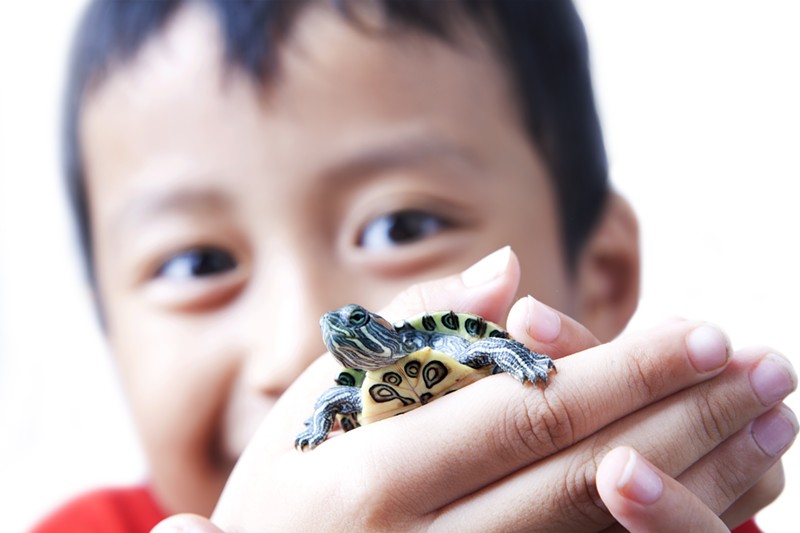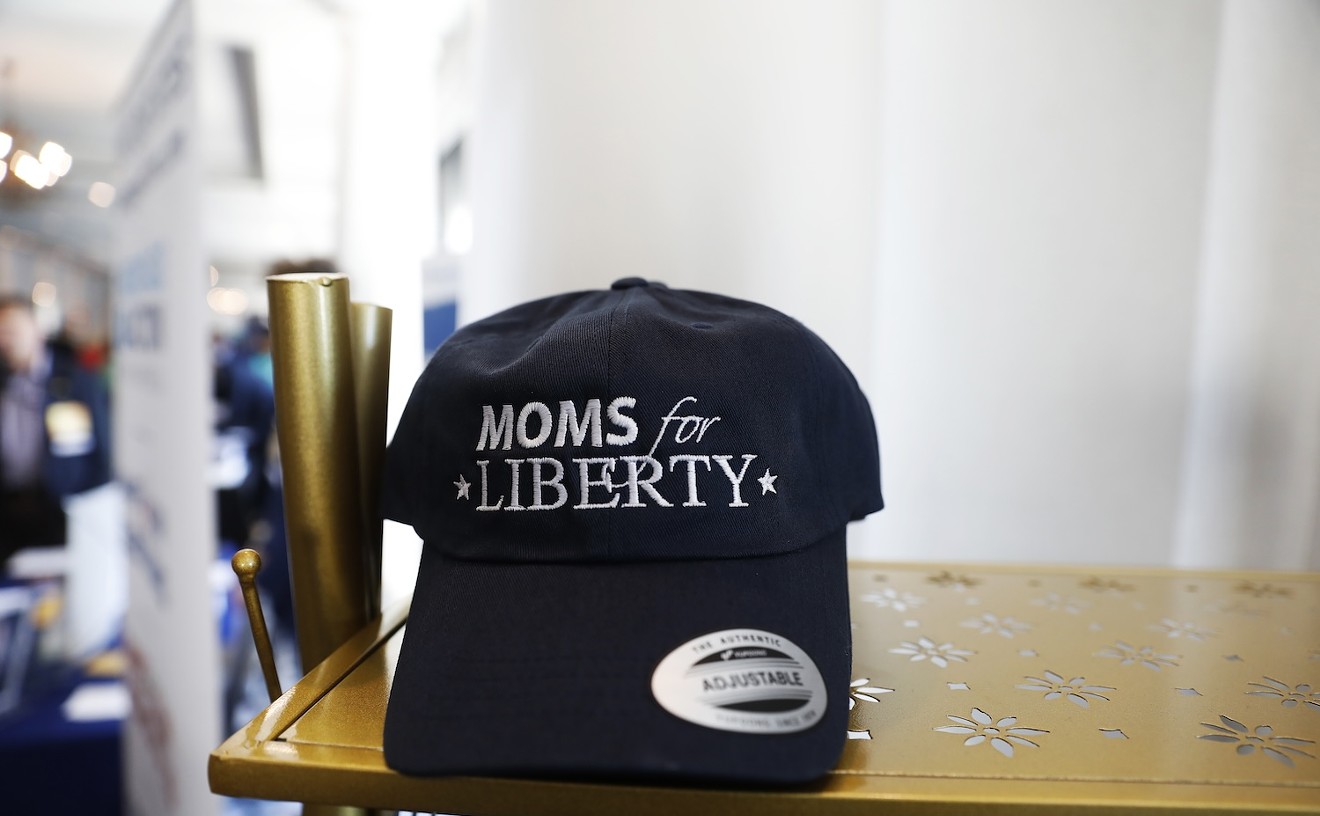The CDC has reported 51 cases of salmonella illness linked to tiny pet turtles across 21 states, and Florida has emerged as the state most affected by the outbreak.
Florida leads the nation with seven reported cases, surpassing California and New York, which have six cases each. The outbreak is affecting young children, particularly those under five years old, who are at high risk of severe illness from salmonella.
Nearly half of those infected nationwide have required hospitalization, though no deaths have been reported.
"The true number of sick people in an outbreak is likely much higher than the number reported, and the outbreak may not be limited to the states with known illnesses. This is because many people recover without medical care and are not tested for salmonella," the CDC says.
Since 1975, the U.S. has banned the sale of pet turtles with shells smaller than four inches long.
"Despite the ban, these turtles are sometimes still sold illegally online, at stores, flea markets, and roadside stands," the CDC says.
One study monitored 16 websites that sold reptiles and found that every one of the sites was peddling turtles with shells smaller than the legal cutoff. In an attempt to skirt the regulations, the sites put the onus on buyers to assert that they were not buying the creatures as pets, according to the study.
Several of those infected in the recent outbreak, which health officials have been monitoring since July 2023, reported having bought their turtles from street vendors, through online retailers, and in souvenir shops.
Salmonella can spread simply by touching a turtle or its environment and then touching your mouth or food without proper handwashing. Turtles of any size can carry the bacteria in their droppings, and the pathogen can migrate onto their bodies and their tanks with ease.
The CDC advises owners of pet turtles not to wash turtle tanks and items in the kitchen sink or around food-serving areas; if you have no other place to clean the turtle accoutrements, the CDC says thorough after-the-fact disinfection of your sink and surfaces is in order.
Though it may be disheartening advice for those fond of getting close to their turtle pals, the CDC is also advising folks not to "kiss or snuggle your turtle."

Audio By Carbonatix
[
{
"name": "Air - MediumRectangle - Inline Content - Mobile Display Size",
"component": "19274298",
"insertPoint": "2",
"requiredCountToDisplay": "2",
"watchElement": ".fdn-content-body",
"astAdList": [
{
"adType": "rectangle",
"displayTargets": "mobile"
}
]
},{
"name": "Editor Picks",
"component": "17482312",
"insertPoint": "4",
"requiredCountToDisplay": "1",
"watchElement": ".fdn-content-body",
"astAdList": [
{
"adType": "rectangle",
"displayTargets": "desktop|tablet"
},{
"adType": "rectangle",
"displayTargets": "desktop|tablet|mobile"
}
]
},{
"name": "Inline Links",
"component": "18711090",
"insertPoint": "8th",
"startingPoint": 8,
"requiredCountToDisplay": "7",
"maxInsertions": 25
},{
"name": "Air - MediumRectangle - Combo - Inline Content",
"component": "17482310",
"insertPoint": "8th",
"startingPoint": 8,
"requiredCountToDisplay": "7",
"maxInsertions": 25,
"watchElement": ".fdn-content-body",
"astAdList": [
{
"adType": "rectangle",
"displayTargets": "desktop|tablet"
},{
"adType": "rectangle",
"displayTargets": "desktop|tablet|mobile"
}
]
},{
"name": "Inline Links",
"component": "18711090",
"insertPoint": "8th",
"startingPoint": 12,
"requiredCountToDisplay": "11",
"maxInsertions": 25
},{
"name": "Air - Leaderboard Tower - Combo - Inline Content",
"component": "17482313",
"insertPoint": "8th",
"startingPoint": 12,
"requiredCountToDisplay": "12",
"maxInsertions": 25,
"watchElement": ".fdn-content-body",
"astAdList": [
{
"adType": "leaderboardInlineContent",
"displayTargets": "desktop|tablet"
},{
"adType": "tower",
"displayTargets": "mobile"
}
]
}
]











